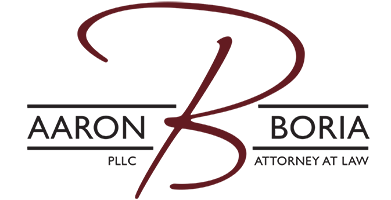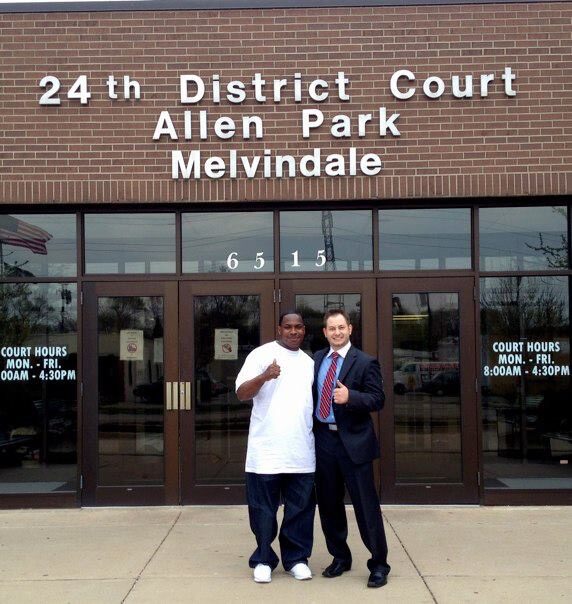
What is Arraignment?
If you have been charged with a crime then the first time you appear in court will be for purposes of arraignment. At the arraignment the judge will formally read the charges against you and assess a bond.
This is an important hearing and can set the tone of your case for the next few weeks or even months. Always have a lawyer with you at arraignment.
Call experienced criminal defense attorney, Aaron J. Boria (734) 453-7806
What is an Arraignment?
When someone is charged with a crime, it will be by a ticket or by way of complaint and warrant. The judge will read the formal accusation against you and ask you if you understand what you are accused of. Note: The judge is not asking you if you agree with it. After that the judge may ask you to enter a plea of guilty or not guilty, but most judges will automatically enter the plea as not guilty.
At an arraignment the judge will tell you what the maximum jail or prison term as well as the fine for the offense you have been accused of. Again, it is the maximum incarceration term and fine, not necessarily the penalty you will end up with. It also does not include collateral consequences like license sanctions, loss of gun rights, etc.
Most misdemeanors carry potential jail time 93 days, but can go all the way up to 6 months, or even a year in jail.
Fines in misdemeanor cases can range from a few hundred dollars up to $1,000 and sometimes more.
Felonies start at a minimum of 1-year in prison and can go up to natural life in prison depending on the charge and the person’s history. Fines can go into the hundreds of thousands of dollars.
What is Bond?
After being read the charges in your criminal case the judge will address bond.
Bond is as simple as this: Bond is a promise to the court that you will come back and defend the charges against you secured by money.
There are only a few types of cases where the judge does not have to give you a bond, so the rule of thumb is that a “reasonable” bond will be assessed. Unfortunately, a reasonable bond and an affordable bond are not the same. Some judges are known for setting notoriously high bonds that do not reflect the bonds purpose, keep the community safe and make sure you come back to court.
Bond can also include bond conditions which should be reasonably related to the accusation. For instance, in a drinking and driving case the accused will be ordered not to use drugs and alcohol and test for the same. In a domestic violence case the person will be ordered to stay away from the location the alleged crime occurred and not to have contact with the alleged victim.
When setting a bond, the judge should take into account the nature of the offense, criminal history, your ties to the community, which can include where you live, work and where your family resides. The less of a threat a person is and the more likely they are to come back to court then the more appropriate a personal bond it.
What is a personal bond?
In many misdemeanor cases, a judge may order a personal bond. He may say “$5,000 personal”. This means that you do not have to post any money but if you don’t come to court a warrant will be issued and when they catch you your debt to the court will be $5,000.
What are other types of bond?
In other cases the judge may order “$5,000 10%”. With this type of bond you give the court $500 to hand onto and if you do not show then you owe $5,000.
The judge can also order that you post the full $5,000.
Bond conditions can also be assessed and they can include no contact orders with a person or place, and can also include drug an alcohol testing among other things depending on the charges.
Michigan criminal Attorney
It is possible in some cases for your lawyer to waive your arraignment and save you a trip to court and in front of the judge, which can sometimes save you from posting a bond and bond conditions.
Regardless, if you have been charged with a crime you need a criminal defense lawyer. Call (734) 453-7806 for a free consultation today.
For more information about criminal lawyer, Aaron J. Boria click here to view his bio.




